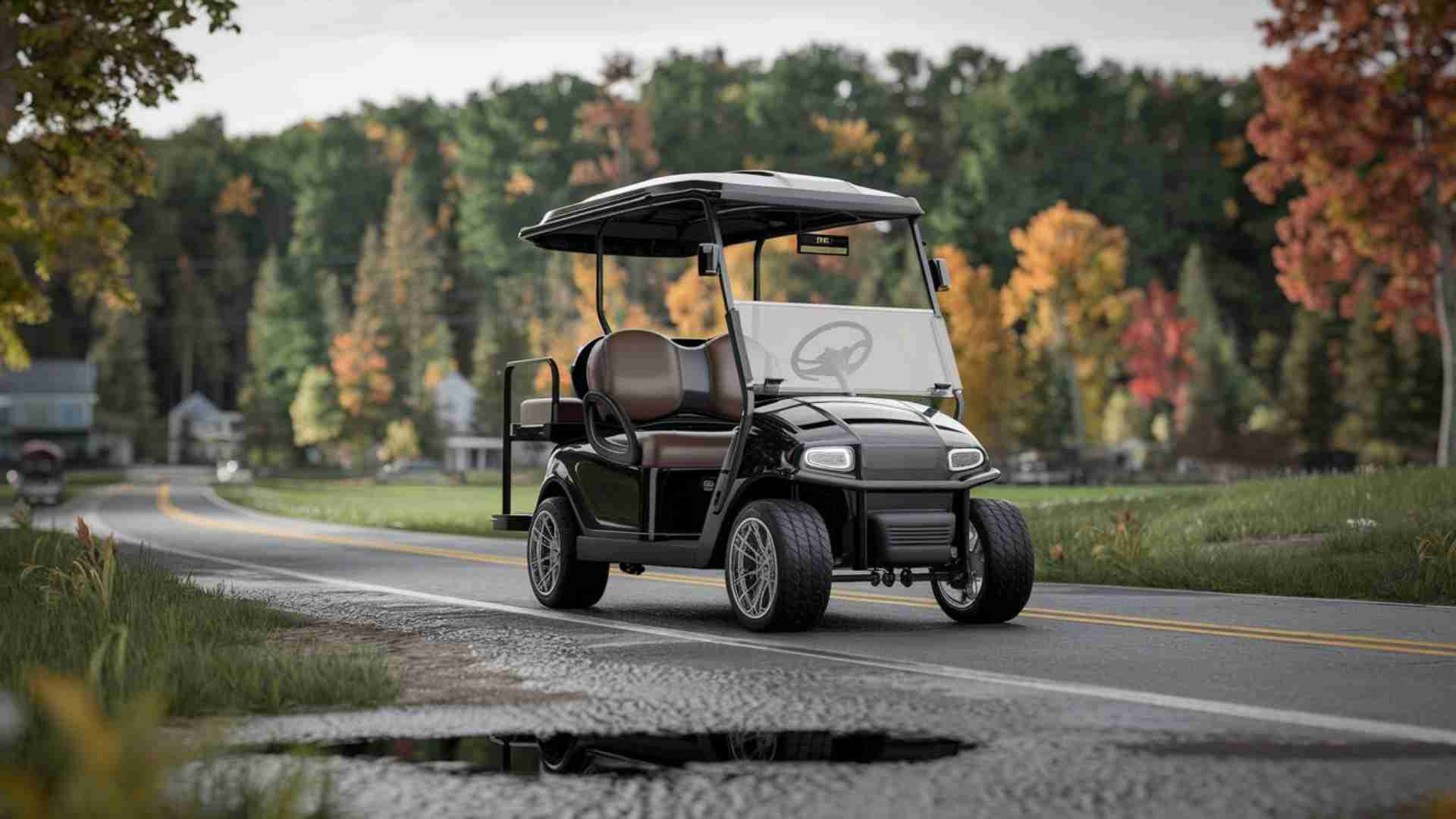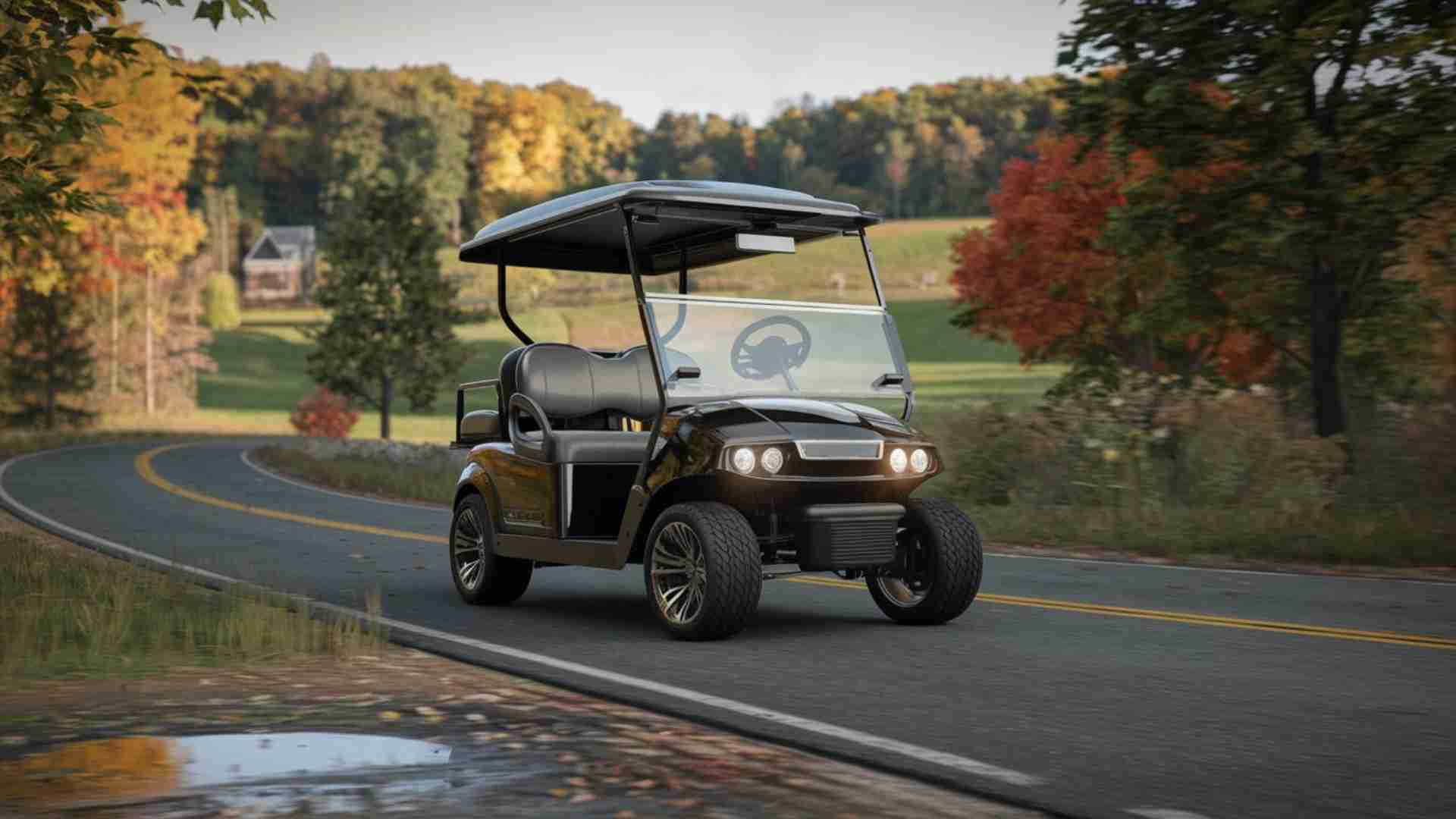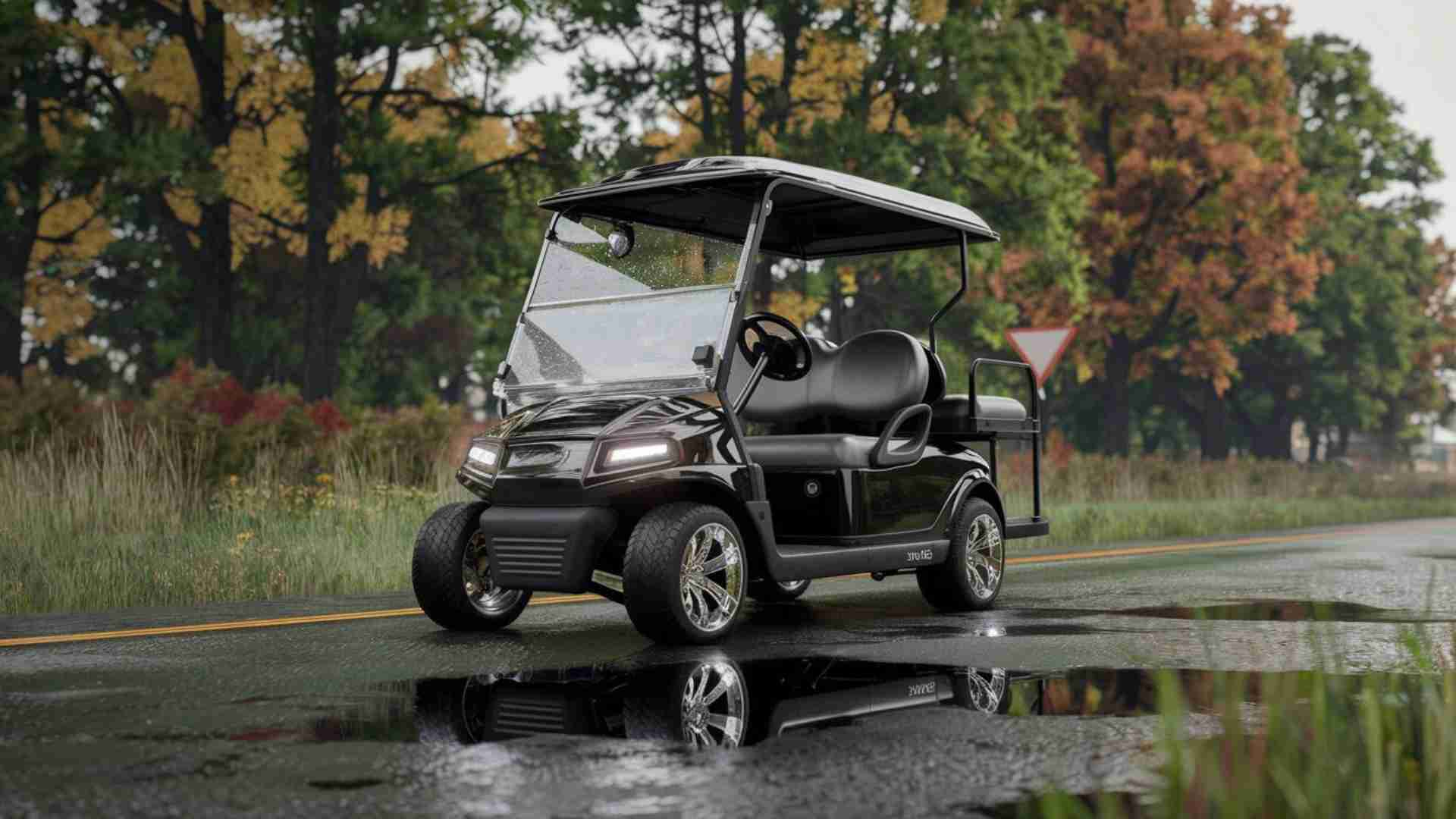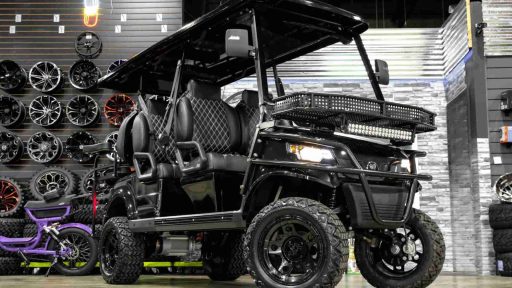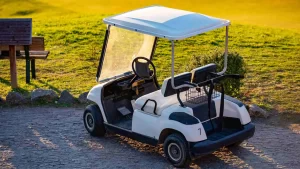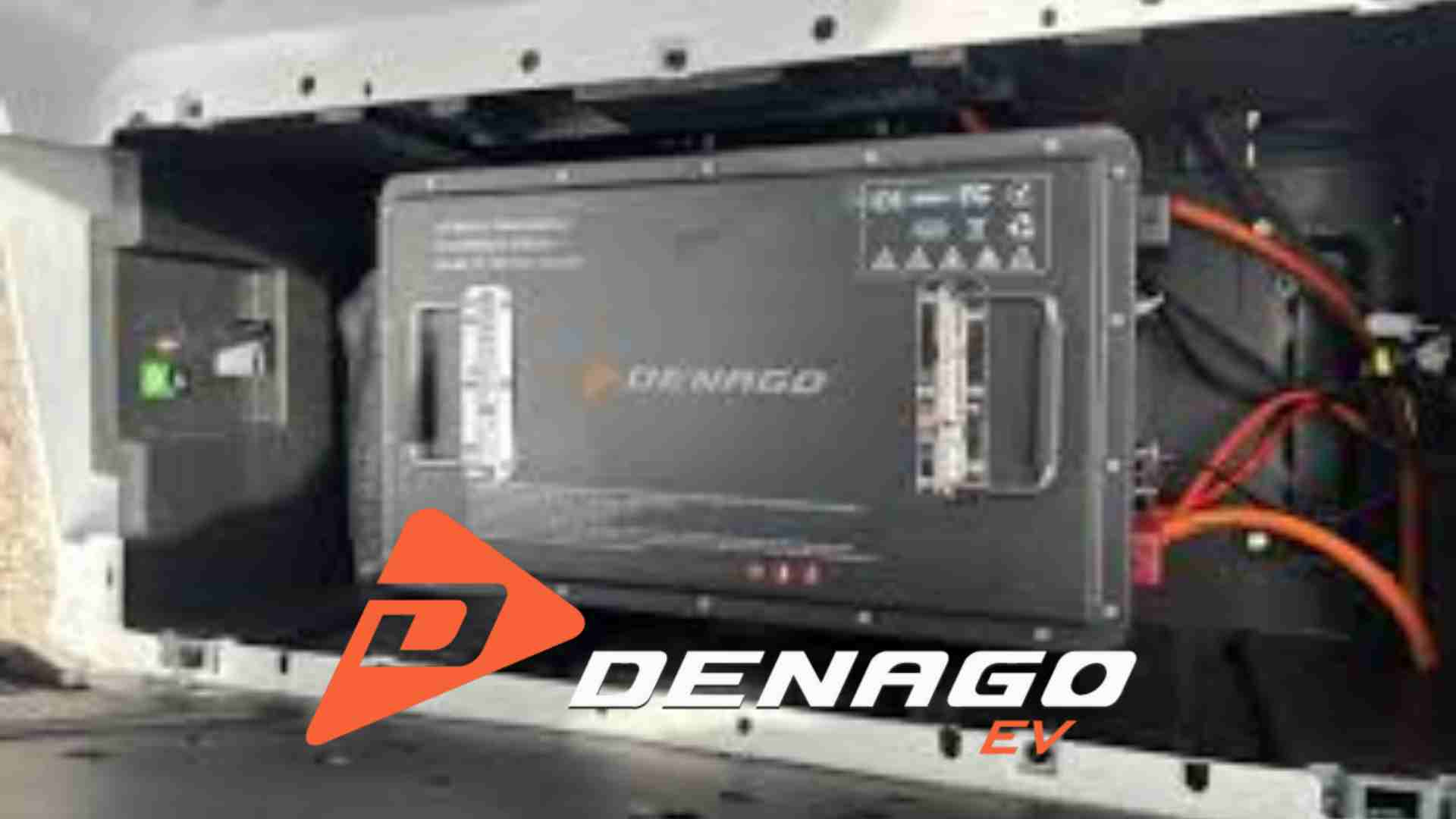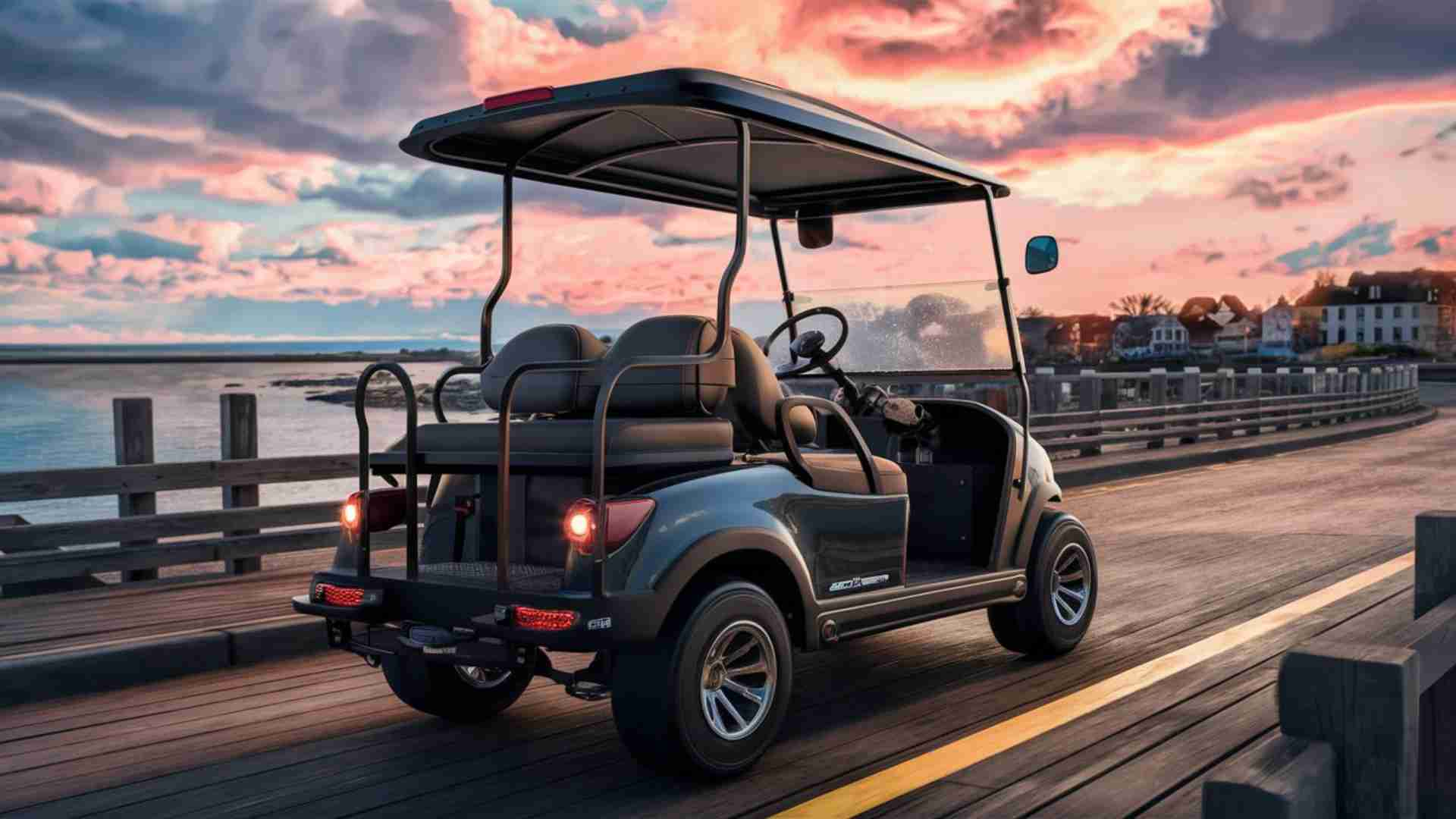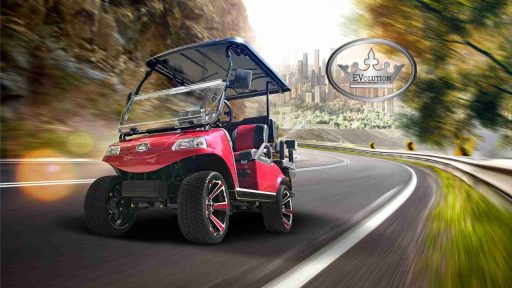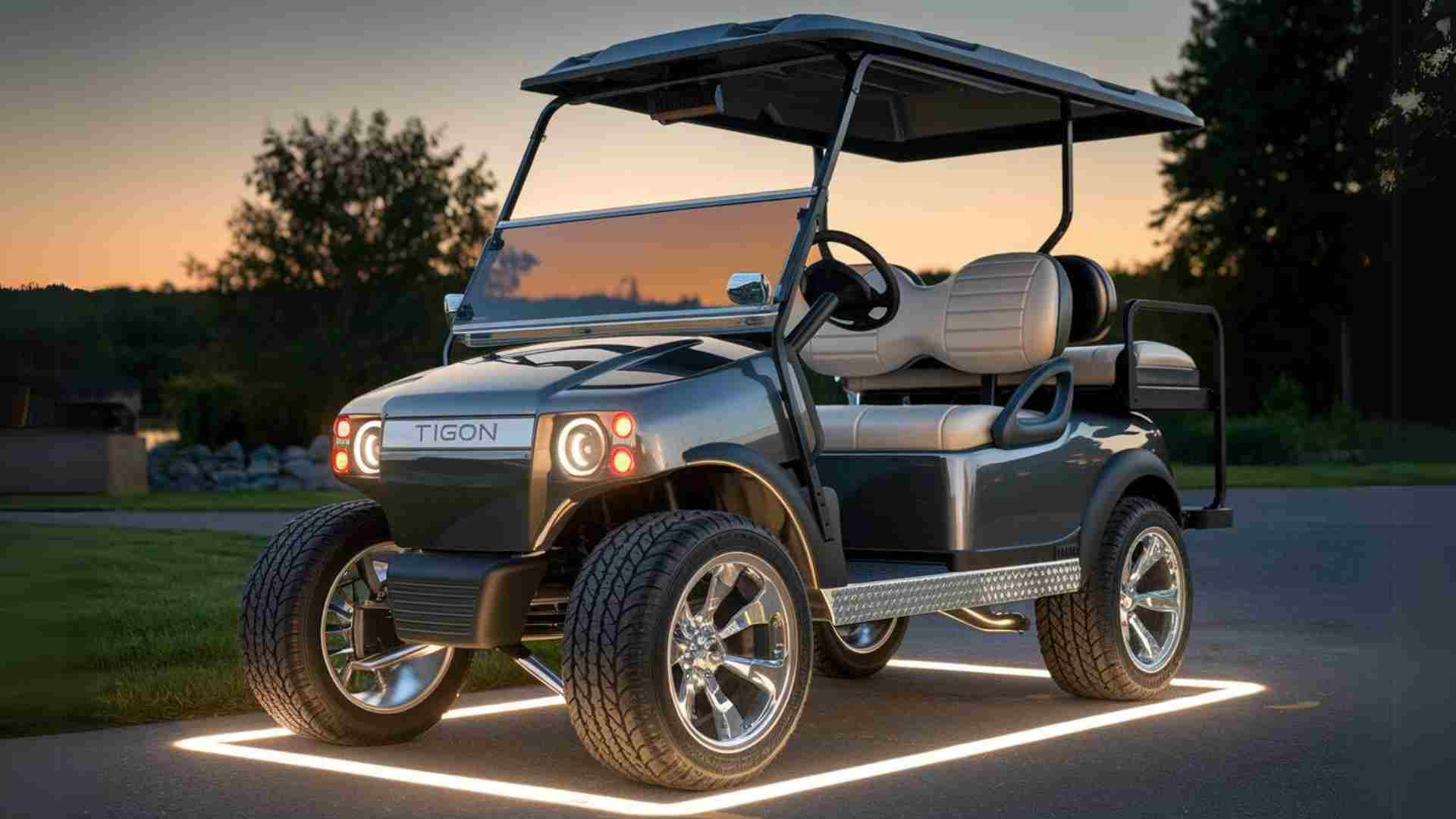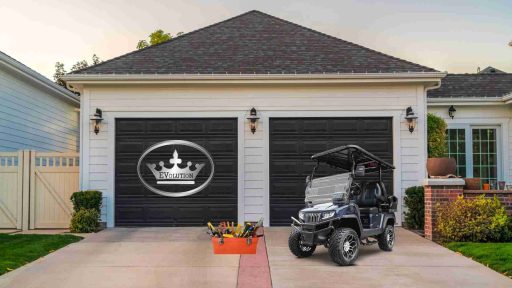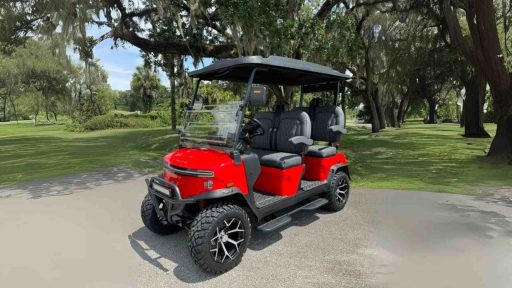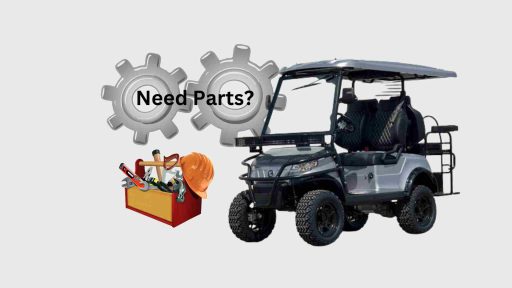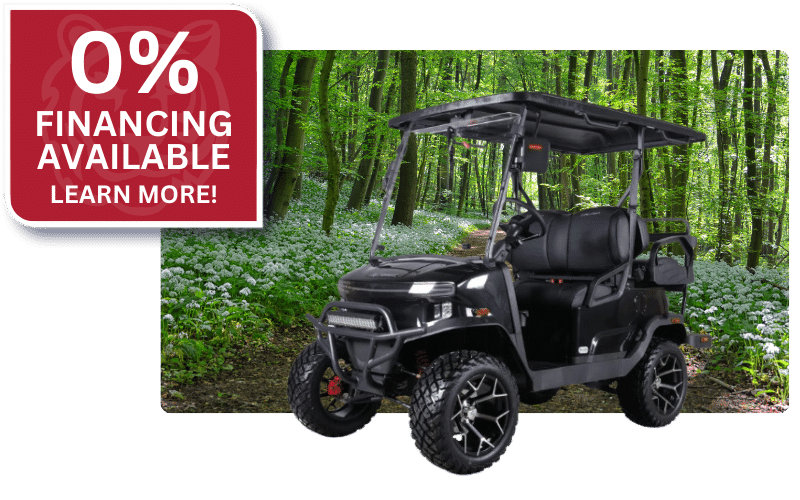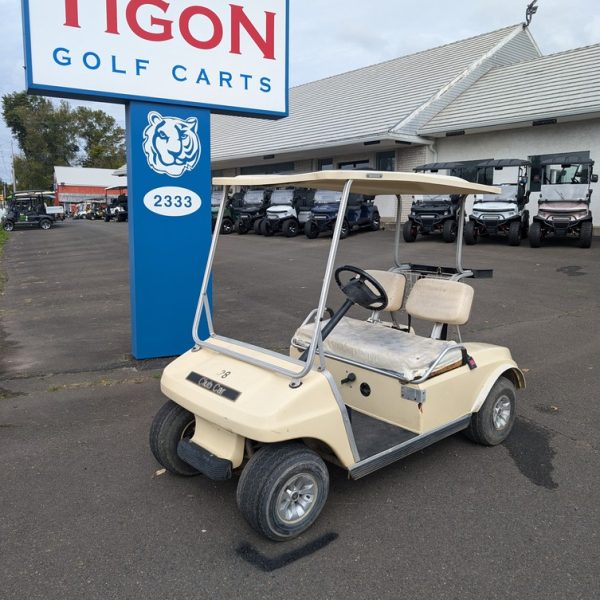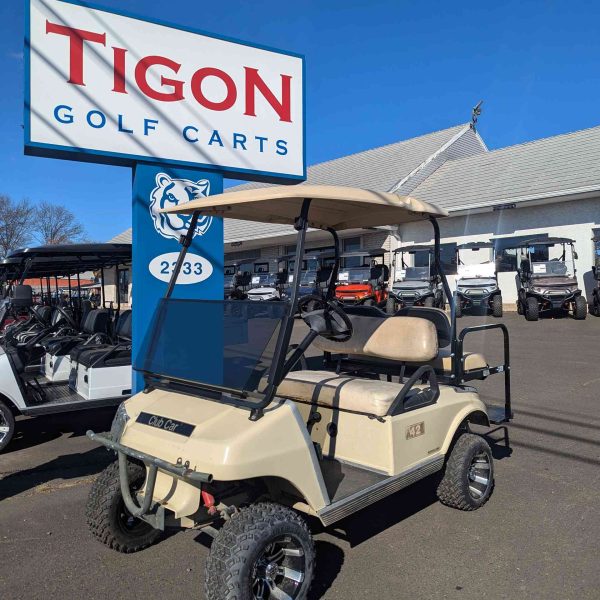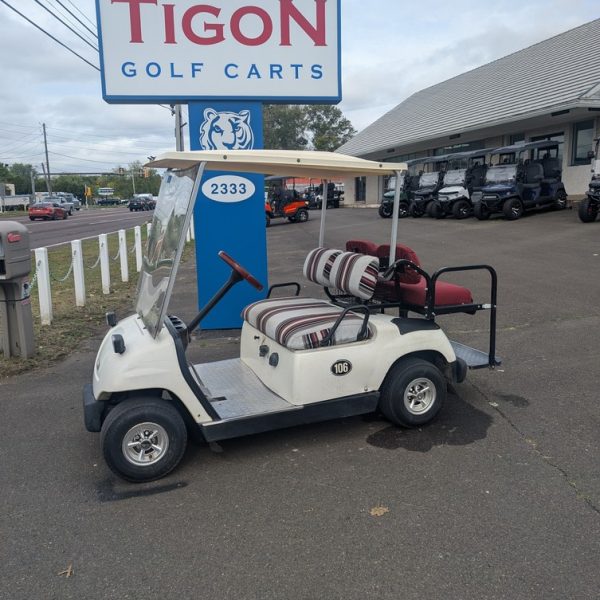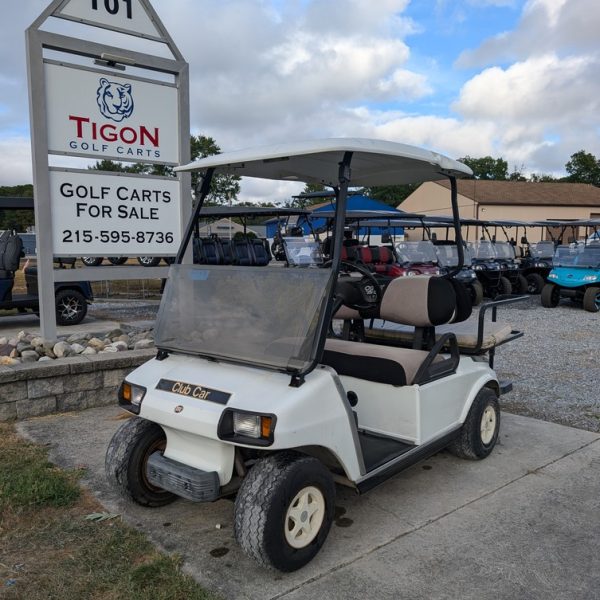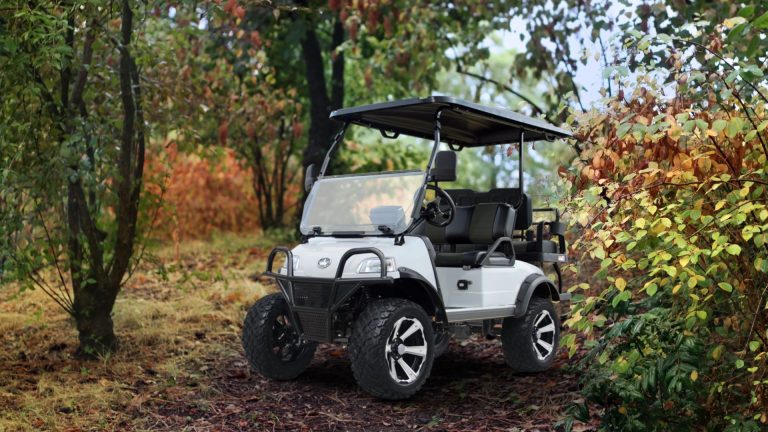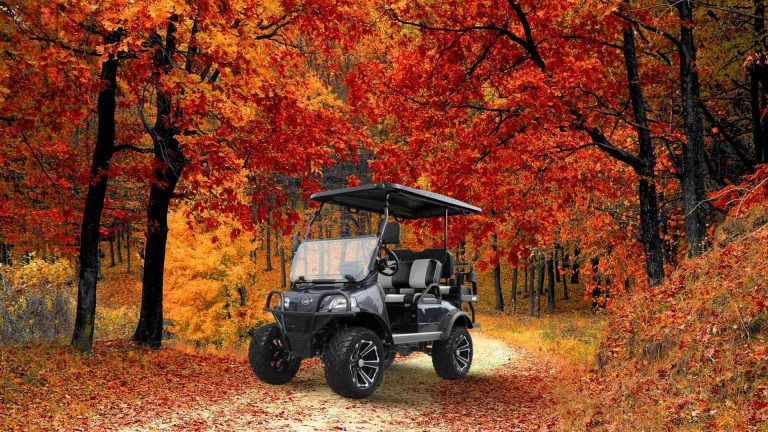Navigate NJ in Style: Best Street Legal Side-by-Side
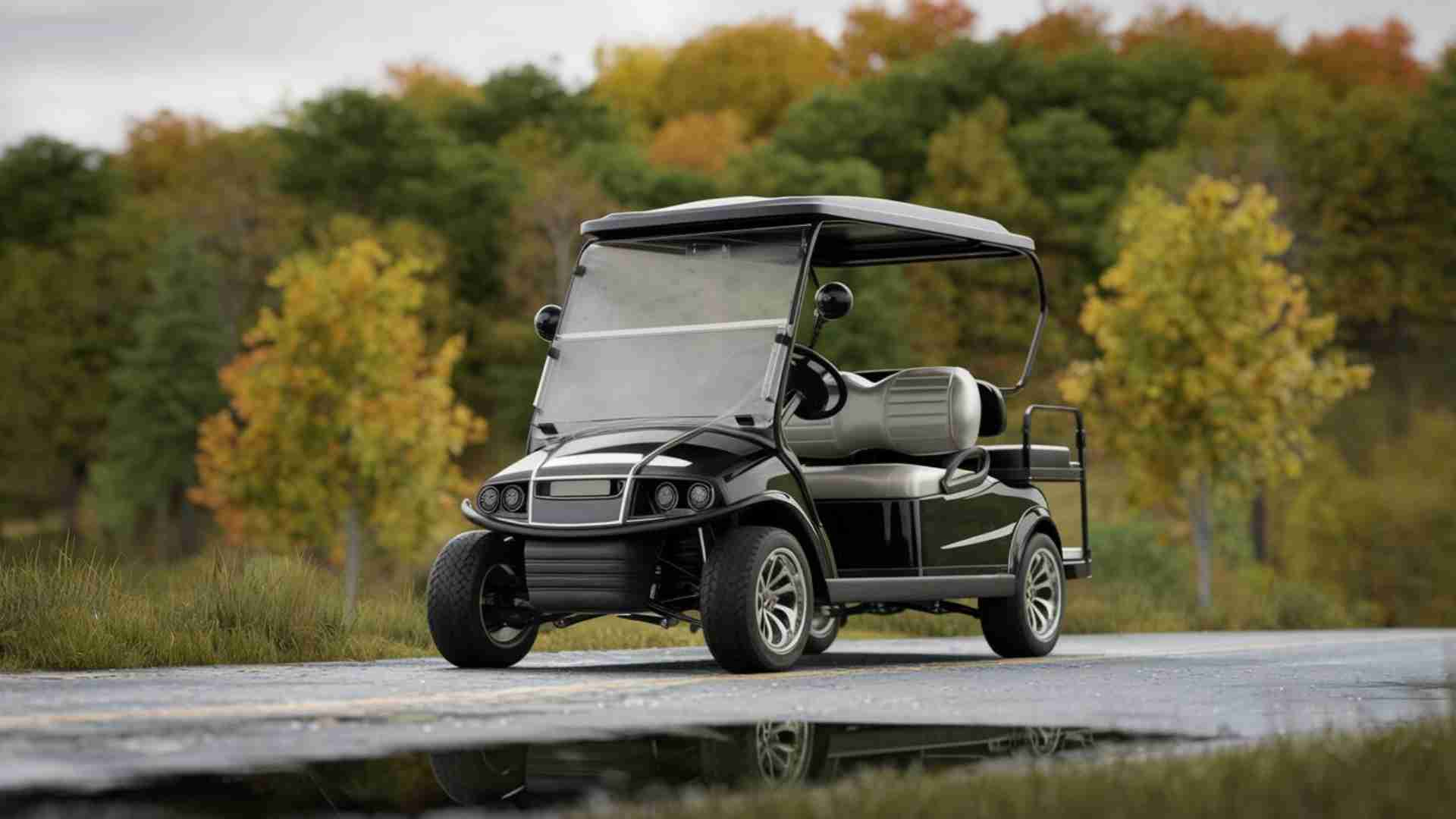
Understanding New Jersey Regulations
Navigating the regulations for street-legal vehicles in New Jersey can be complex. Let’s break down the categories and specific rules for golf carts and snowmobiles.
Overview of Vehicle Categories
In New Jersey, vehicles are classified into various categories, each with specific regulations. Understanding these categories helps us navigate the legal landscape for our street-legal golf carts and LSVs. Here are some key vehicle types:
- Pocket Bikes: Small-scale motorcycles with gasoline engines under 50 ccs, reaching speeds of 45 mph. Considered toys by state legislature (New Jersey MVC).
- Golf Carts / LSVs: Off-road vehicles designed for various terrains or low-speed environments. Must be registered but do not require a permit or license to operate off road.
- Snowmobiles: Designed for snow-covered terrains, also requiring registration but no permit or license.
- Autocycles and Motorcycles: These include three-wheeled motorcycles and two-wheeled motorcycles, respectively.
- NEVs / MSVs: Motor vehicles that have a top speed between 20 and 25 mph.
For more information on the regulations, visit our article on street legal requirements New Jersey.
Regulations for Golf Carts and Snowmobiles
Golf carts and snowmobiles have specific requirements in New Jersey. Understanding these helps ensure that we comply with state laws.
Golf Carts / LSVs
- Registration: Golf carts must be registered in New Jersey.
- Permit/License: No permit or license required to operate off road.
- Safety Education Course: Operators under 18 years old are exempt from the safety education course if they only operate golf carts at licensed special events or on public lands as part of farming operations.
- Agricultural License: Class G license allows individuals between 16 and 17 years old to operate vehicles registered for farm use during farming-related activities (New Jersey MVC).
Snowmobiles
- Registration: Snowmobiles must be registered.
- Permit/License: No permit or license required to operate.
- Registration Expiration: The registration for snowmobiles, dirt bikes, and golf carts expires on September 30th (New Jersey MVC).
| Vehicle Type | Registration Required | Permit/License Required | Additional Notes |
|---|---|---|---|
| Golf Cart | Yes | No | Safety course exemption for under 18 at special events or farms |
| Snowmobile | Yes | No | Registration expires September 30th |
For more details on the registration and operation of golf carts and snowmobiles, check out our article on New Jersey street legal LSV.
Understanding these regulations helps us ensure that our vehicles are compliant with New Jersey’s legal requirements, allowing us to enjoy our rides without any legal hiccups. For information on making golf carts street legal, visit our guide on New Jersey street legal golf cart.
Street Legal Considerations
Navigating the streets of New Jersey with a golf cart or LSV can be a bit tricky due to the state’s specific regulations. Let’s explore the requirements and steps necessary to make our golf carts street legal in New Jersey.
State-Specific Registration Requirements
New Jersey has stringent rules when it comes to registering and operating off-highway vehicles (OHVs) like golf carts. According to the New Jersey Office of the Attorney General, snowmobiles, golf carts, and dirt bikes are prohibited from being used on public streets. This means golf carts cannot be registered as street legal vehicles within the state due to the vehicle categories and motor vehicle inspection requirements.
However, it is still possible to operate a golf cart on New Jersey roads by registering it in another state that allows golf carts to be street legal. States like Montana and South Dakota provide such opportunities, making it easier for us to enjoy our golf carts on public roads in New Jersey and beyond.
Making Golf Carts Street Legal in New Jersey
To make our golf carts street legal in New Jersey, we need to follow a few key steps:
- Register the Golf Cart in Another State: States like Montana and South Dakota permit golf carts to be registered as street legal vehicles. By registering our golf carts in one of these states, we can legally drive them on New Jersey roads thanks to reciprocity agreements. This means we don’t need to meet specific equipment requirements or pass a New Jersey inspection.
- Ensure Necessary Modifications: Although New Jersey has its own set of equipment requirements, registering our golf carts in another state with more lenient regulations allows us to bypass some of these. However, it’s still advisable to equip our golf carts with basic safety features like mirrors, lights, and turn signals.
- Maintain Proper Documentation: Always carry the necessary registration documents and proof of insurance when operating our golf carts on public roads. This includes the out-of-state registration papers and any additional permits required by New Jersey.
- Understand Local Ordinances: Some counties and municipalities in New Jersey may have local ordinances restricting the use of golf carts on public roads. It’s essential to be aware of these regulations to avoid potential fines or penalties.
For a quick comparison, here’s a table summarizing the street legal requirements for golf carts in New Jersey and Montana:
| Requirement | New Jersey | Montana |
|---|---|---|
| Registration | Not possible | Allowed |
| Equipment Requirements | Extensive | Basic safety features |
| Vehicle Category | Disqualified | Registered as street legal |
| Local Ordinances | Varies by area | Generally lenient |
For more detailed guidance on making your golf cart street legal in New Jersey, check out our articles on street legal requirements New Jersey and New Jersey street legal golf cart.
Registration in Other States
When it comes to making our golf carts street legal in New Jersey, looking into registration options in other states can be a viable solution. Specifically, Montana offers a straightforward process and several benefits that can make our lives easier.
Montana’s Registration Process
Montana allows golf carts (Utility Task Vehicles) to be driven on-road as long as they are correctly registered and meet certain requirements. One of the standout qualities of Montana’s registration process is its simplicity. According to LLCTLC, there are no vehicle inspections or emissions tests required.
Here’s a quick overview of the steps to register a golf cart in Montana:
- Obtain a Montana Address: You may need a local address, which can often be managed through LLCs or other entities.
- Fill Out Registration Forms: Complete the necessary paperwork, which can typically be done online or by mail.
- Pay the Fees: Pay the registration fees, which are generally lower than those in New Jersey. Montana has no annual registration fees or sales tax.
- Equip Your Golf Cart: Ensure your golf cart meets the basic equipment requirements, such as lights, mirrors, and a horn.
For more detailed information about making a golf cart street legal in New Jersey, check out our New Jersey street legal golf cart page.
Benefits of Registering in Montana
Registering our golf carts in Montana offers several key advantages:
- No Sales Tax: One of the most significant benefits is the absence of a sales tax. This can lead to substantial savings, especially if our golf carts are high-end models.
- No Annual Registration Fees: Unlike New Jersey, Montana does not require annual registration fees, which simplifies the process and reduces ongoing costs.
- No Inspections or Emissions Tests: Montana’s lack of inspection and emissions testing requirements removes another layer of complexity and cost.
- Reciprocity Agreements: By registering our golf carts in Montana, we can take advantage of reciprocity agreements, allowing us to drive on New Jersey roads without needing to meet New Jersey-specific equipment requirements or pass an inspection.
| Benefit | Montana | New Jersey |
|---|---|---|
| Sales Tax | None | 6.625% |
| Annual Registration Fees | None | Varies |
| Inspections | None | Required |
| Emissions Tests | None | Required |
Understanding these benefits can help us make an informed decision about where to register our golf carts. By leveraging Montana’s favorable conditions, we can enjoy the freedom of driving our golf carts on public roads in New Jersey without the typical hassles. For more information about the requirements for street legal vehicles in New Jersey, you can visit our street legal requirements New Jersey page.
Compliance with Equipment Requirements
To ensure our golf carts are street legal in New Jersey, it’s important to adhere to specific equipment requirements. Understanding these requirements will help us navigate the streets legally and safely.
Necessary Components for Street Legal Golf Carts
New Jersey has stringent rules for making golf carts street legal. The following components are necessary for compliance:
- Lighting Systems: Proper headlights, taillights, and turn signals are mandatory.
- Rearview Mirrors: A minimum of one rearview mirror is required for visibility.
- Horn: A functioning horn is essential for signaling.
- Windshield: A windshield is required to protect the driver and passengers from debris.
- Brakes: Reliable braking systems are crucial for safety.
| Component | Requirement |
|---|---|
| Headlights | Required |
| Taillights | Required |
| Turn Signals | Required |
| Rearview Mirror | Minimum of one |
| Horn | Required |
| Windshield | Required |
| Brakes | Required |
Meeting these equipment requirements ensures that our golf carts are compliant with New Jersey’s street-legal standards. For more detailed information, visit our street legal requirements New
Share:

Black Friday Golf Cart Super Deal
Black Friday is here, and so is the ultimate Golf Cart Super Deal! 🎉 Whether you’re looking for a stylish neighborhood cruiser or a rugged, adventure-ready ride, this is your chance to save big on the golf cart of your dreams. Enjoy unbeatable pricing, premium quality, and the performance you deserve—all wrapped into one exclusive Black Friday offer. Don’t wait—these deals are only available for a limited time, so make your move now and roll into the season in style!

Black Friday Evolution Forester 4 Plus Super Deal
Don’t miss the Black Friday Evolution Forester 4 Plus Super Deal! 🎉 This premium golf cart combines rugged performance with sleek design, making it perfect for every adventure. With exclusive Black Friday savings, now’s the time to experience unmatched comfort, versatility, and power in one incredible ride. Whether you’re cruising through the neighborhood or tackling winter trails, the Evolution Forester 4 Plus has you covered. Act fast—this limited-time deal won’t last!

Black Friday’s Super Deal On The Forester 4 Plus
Get ready for Black Friday’s Super Deal on the Forester 4 Plus! 🎉 This rugged yet stylish ride is the ultimate golf cart for every season, and now it’s available at an unbeatable price. Whether you’re cruising the neighborhood or gearing up for winter adventures, the Forester 4 Plus delivers top-tier performance, comfort, and versatility. Don’t miss this exclusive Black Friday offer—upgrade your ride and roll into the season in style!

Black Friday Limited MSRP Sales Deal
Black Friday is here, and so are the limited MSRP sales deals you’ve been waiting for! 🎉 Don’t miss your chance to save big on premium golf carts with exclusive Black Friday pricing. With limited-time offers and unbeatable value, now is the perfect moment to upgrade your ride. From sleek cruisers to powerful, adventure-ready models, there’s something for everyone. Act fast—these deals won’t last long!

Black Friday Tigon Golf Cart Deals
Unbeatable Black Friday Tigon Golf Cart Deals are here! 🎉 Take advantage of the best savings of the year and find the perfect ride to suit your style. From sleek neighborhood cruisers to rugged, adventure-ready carts, our Black Friday deals offer something for everyone. Enjoy premium quality, exceptional performance, and exclusive offers you won’t want to miss. Visit us this Black Friday and roll into the season with your dream golf cart!

Black Friday Low Speed Vehicle Deals
Black Friday Low Speed Vehicle Deals is here at Tigon Golf Carts! Don’t miss this exclusive chance to elevate your ride with exceptional deals on our low-speed vehicles (LSVs)! Perfect for neighborhood cruising, family adventures, and eco-friendly transportation, our LSVs offer a stylish and practical way to get around. This Black Friday, take advantage of incredible savings and drive into the season with comfort, style, and sustainability. Visit us at Tigon Golf Carts to explore the best Black Friday offers on our top low-speed models!
FINDING THE RIGHT DENAGO EV MODELS AT THE RIGHT PRICE!
Tigon Golf Carts proudly offers DENAGO EV® 0% vehicle financing, making it easier than ever to own your dream golf cart. With flexible payment options and competitive rates, we ensure that upgrading to an DENAGO® is not only exciting but also financially feasible for our customers, allowing you to hit the road in style without breaking the bank.
CONNECT WITH US
- MONDAY - FRIDAY:
- 9:00AM - 5:00PM
- SATURDAY:
- 9:00AM - 5:00PM
- SUNDAY: Closed
- Hatfield, PA
- Pocono Pines, PA
- Ocean View, NJ
TIGON GOLF CART NEWSLETTER
Join 40,000+ Subscribers and get a new discount coupon on every Saturday.

